Hungary
Hungary is a country composed of municipalities (települések), towns (városok), towns with county rank (megyei jogú városok), capital town districts (fővárosi kerületek), the city of Budapest and counties (megyék).
CEMR in Hungary – coordinator: Hungarian National Association of Local Authorities (TÖOSZ) (www.toosz.hu).
Two membership in CEMR: TÖOSZ, Association of Hungarian Local Governments and Representatives (MÖSZ) and five other national associations of local governments: Hungarian Association of Villages (MFSZ), Association of Small Cities (KSZ), National Association of Communes and Small Municipalities (KÖSZ), Association of Cities with County Rank (MJVSZ), and National Association of County Local Governments (MÖOSZ).










Local governments
The body of representatives (képviselõ-testület) is the municipality's legislative body. It is made up of members elected by direct universal suffrage for five years, responsible for the management and control of the municipality. Its decisions are presented in the form of resolutions and decrees.
The mayor’s office (Polgármesteri hivatal) is the municipality’s executive body and the mayor presides over the body of representatives. He/she is a member of the body of representatives and is elected by direct universal suffrage for a five-year term. The body of representatives is obliged to elect deputy mayors from within its ranks or may also elect external persons to this post, on the basis of a secret ballot.
The notary (jegyző) is appointed by the mayor, usually for an undetermined period of time. He/she is at the head of the local administration and is the head of the mayor’s office. He/she prepares and assists the work of the body of representatives and of the mayor, and executes their decisions.
The capital city of Budapest is composed of 23 districts. This tier is managed by autonomous local entities, which have the status of a municipality. The capital General Assembly is composed of the mayors of the 23 districts and the Lord Mayor who is also elected by direct universal suffrage.
A municipality can become a city at the initiative of its body of representatives, depending on its level of development and its impact at the regional tier.
Towns with more than 50,000 inhabitants can gain the rank of a county. However, this process is quite rare in Hungary, as the last town to have gained county rank was Érd in 2006. There are 23 towns with county status in Hungary.
-
- Municipal development, spatial development, municipal management (public cemeteries, public lightening, chimney sweeping etc.)
- Kindergarten services
- Social, childcare and child-welfare services and provisions
- Health care basic service and services aimed at the creation of a healthy life-style, environmental-health (e.g. public sanitation, disinfection)
- Cultural service (library, public education, support of art and theatre, etc.)
- Local environmental and nature protection, water-management, water damage prevention, provision of drinking water, water-sewage disposal, treatment, purification (water-channel service)
- Housing and space management
- National defense, civil defense, rescue services (disaster management)
- Cooperation in the provision of the public-safety of the municipality
- Local public-employment
- Tasks connected to local tax, economic management and tourism
- Tasks related to sport and youth
- Themes connected to minorities and ethnicities
- Waste-management
- District heating services
- Provision of sales opportunities, weekend sales for the selling of products - of small and primary producers
The local authorities may undertake local public tasks that are not prescribed to the exclusive power of other bodies by the law. The undertaking of voluntary tasks may not endanger the undertaking of obligatory tasks.









Intermediary governments
The county council (megyei közgyûlés) is the county's deliberative body. It is composed of members elected from party lists for a five-year term. The county self-government is a territorial self-government, which fulfils tasks defined by law in the area of territorial development, rural development, spatial management and coordination. The elected body of the county self-government is the county council.
The county chair (közgyűlés elnöke) is elected for a five-year mandate by and from within the county council. The county's executive branch is the county local government office and the chair represents the county council.
